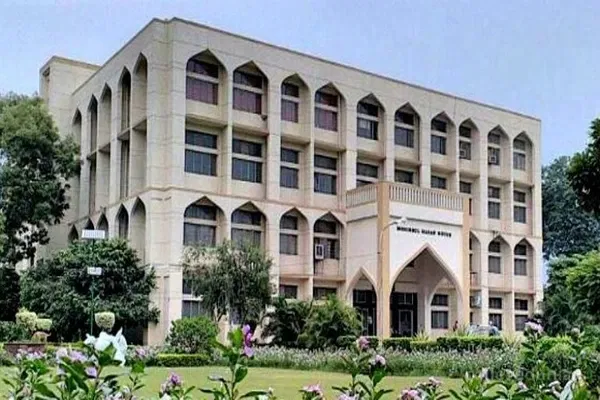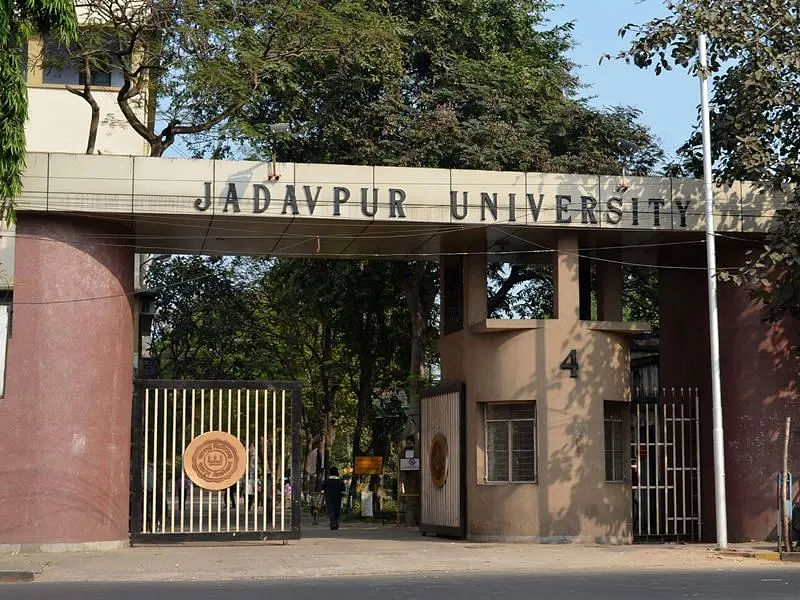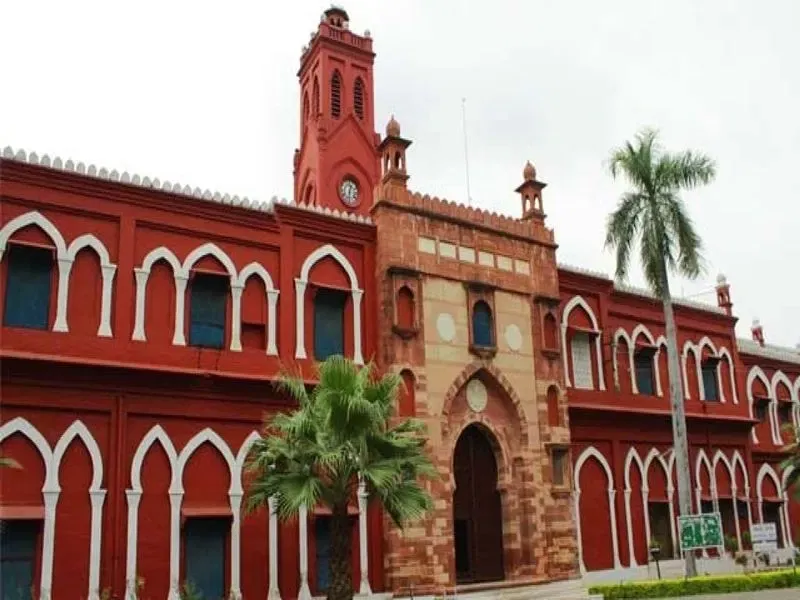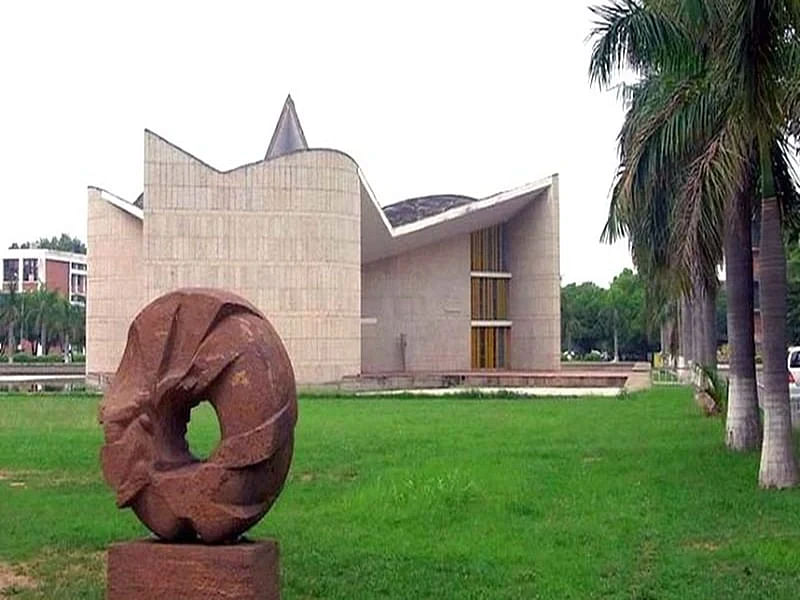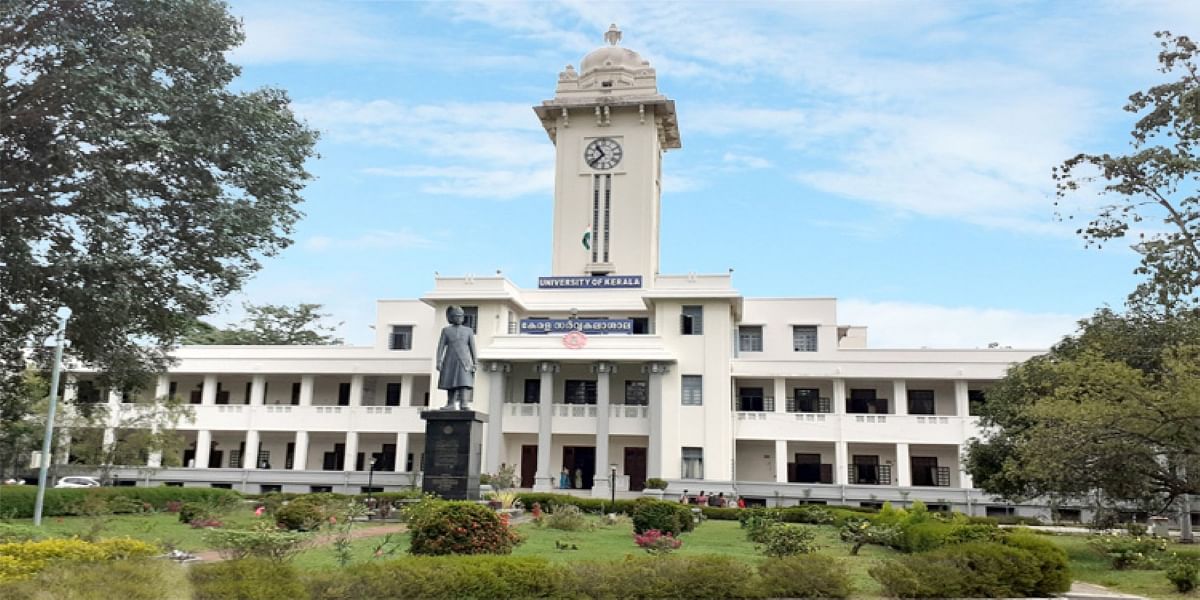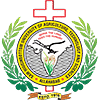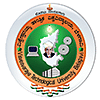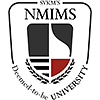BLIS Syllabus and Subjects
The BLIS course syllabus is of a one-year duration. BLIS job scope is extensive, all the subjects aligned with the course aim to help train the students for roles such as library trainee, archivist, storage specialist, etc. BLIS stands for Bachelor of Library and Information Sciences, also abbreviated as. B.Lib.I.Sc.
Semester Wise BLIS Syllabus
The Bachelor of Library and Information Science Syllabus focuses on studying the concepts of Library and Information science. The B.Lib course syllabus introduces aspirants to a broad range of library science subjects that focuses primarily on bibliographic control, indexing, classification of documents, cataloguing, researching, and archiving. The one-year librarian course syllabus and its B.Lib subjects are listed below:
| Semester I | Semester II |
| Library Catalogue: Nature and Functions | Documentation of Techniques and Services |
| Information Technology in Daily Life | Classification of Documents by CC |
| Society and Library- Kinds of Libraries, Five Laws of Library Science | Bibliographies and Bibliographic Control |
| Classification of Documents by DDC | Theory of Classification: Growth and Structure of Knowledge |
BLIS Subjects
The BLIS course syllabus provides students with an in-depth knowledge of Library and Information Science. Students study various aspects of BLIS subjects to make the syllabus of library science more flexible. The subject list for the B.Lib course syllabus is mentioned below:
- Basics of Information Technology
- Library Cataloguing Theory
- Library Classification Theory
- Library Classification Practical
- Library Cataloguing Practical
- Foundations of Library and Library Management
- Information Sources and Services
BLIS Course Structure
Throughout its 1-year duration, the BLIS course syllabus is fragmented into various BLIS course subjects. The Bachelor of Library Science Syllabus is structured to provide students with a critical understanding of the B.Lib syllabus concepts keeping in mind the scope of the relevant job.
The course structure for the Library and Information Science Syllabus is listed below:
- One year duration
- Core subjects
- Practical submissions
- Institutional training
- Research Methodology
- Bibliographic control
BLIS Teaching Methodology and Techniques
The BLIS course syllabus includes practical submissions, institutional training, instructional designing, fieldwork, and traditional lecture-based pedagogy.
Information science training, bibliographic control training, archiving, and classification training are some of the few skills that the students inhibit during the library course syllabus. Some of the general teaching methods in the library science syllabus are listed below:
- Academic lectures
- Individual Projects
- Group Projects
- Practical Submissions
- Cataloguing
- Archiving
- Fieldwork
- Bibliographic control
BLIS Projects
The BLIS course aims to groom the students in the Librarian science Syllabus related projects to provide them with real-time experience before entering the professional field. Some of the popular BLIS course syllabus projects are listed below:
- Impact of staff training on library development
- Attitudes of students toward the use of library facilities
- Rising trends in the use of social media networks to seek information
- Library services and challenges of resource acquisition
- Information-seeking behaviour of children in public libraries
- The survival of public libraries in the digital age
BLIS Reference Books
BLIS course syllabus reference books are available to students in hardcopy and ebook format. The BLIS subjects reference books help the students gain an in-depth perspective of the various library science syllabus concepts. Some of the popular BLIS reference books are listed below:
| Name of the Books | Authors |
| University Library System in India | KS Deshpande |
| University Library | Tauber and Wilson |
| Five Laws of Library Science | SR Ranganathan |
| Libraries and Librarianship: A basic introduction | KA Issac |
| University Library Administration | Weber and Rogers |
| Handbook of Public Library System | BD Panda |
| Public Libraries System | Gopal Rao Ekbote |


